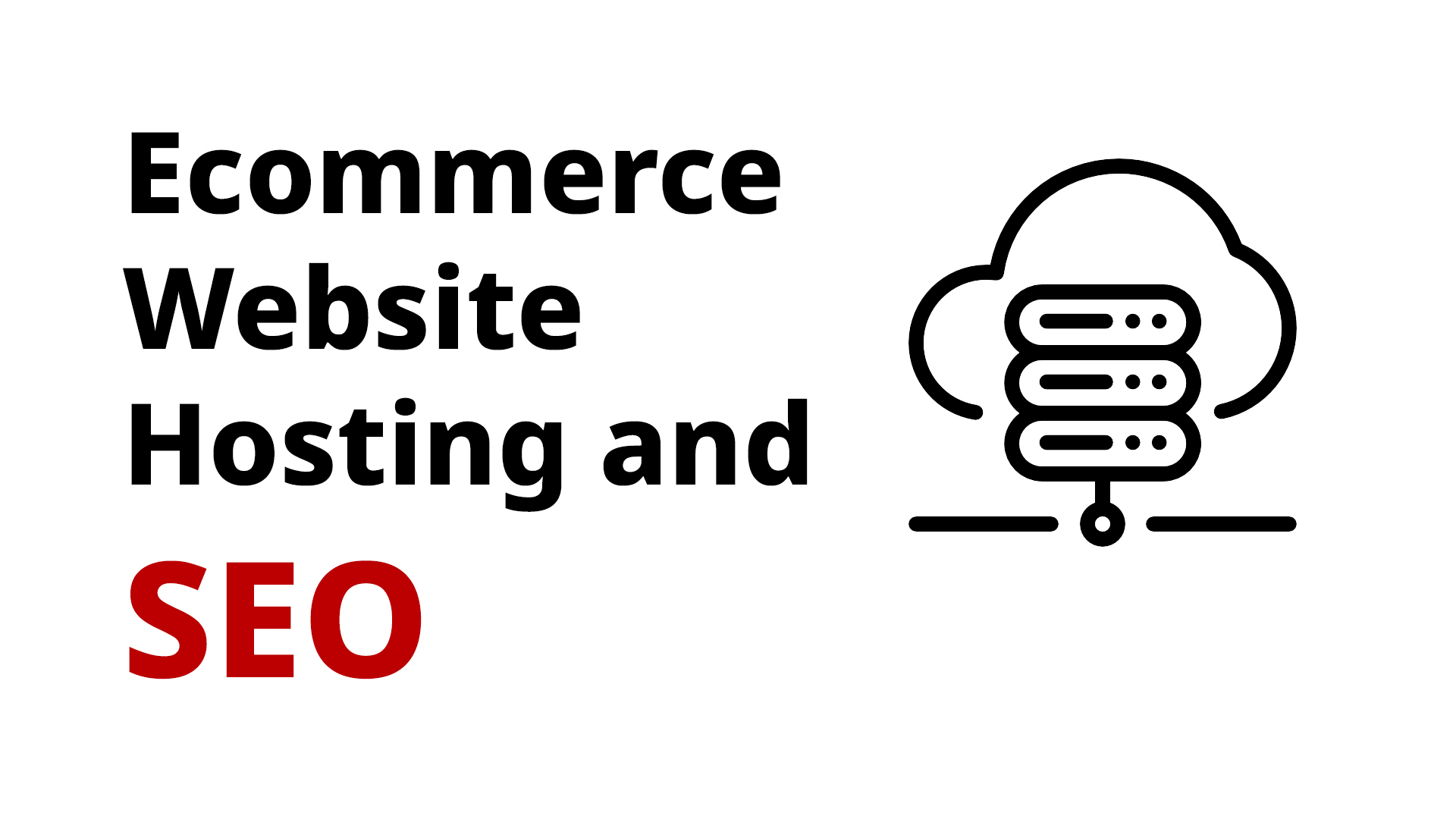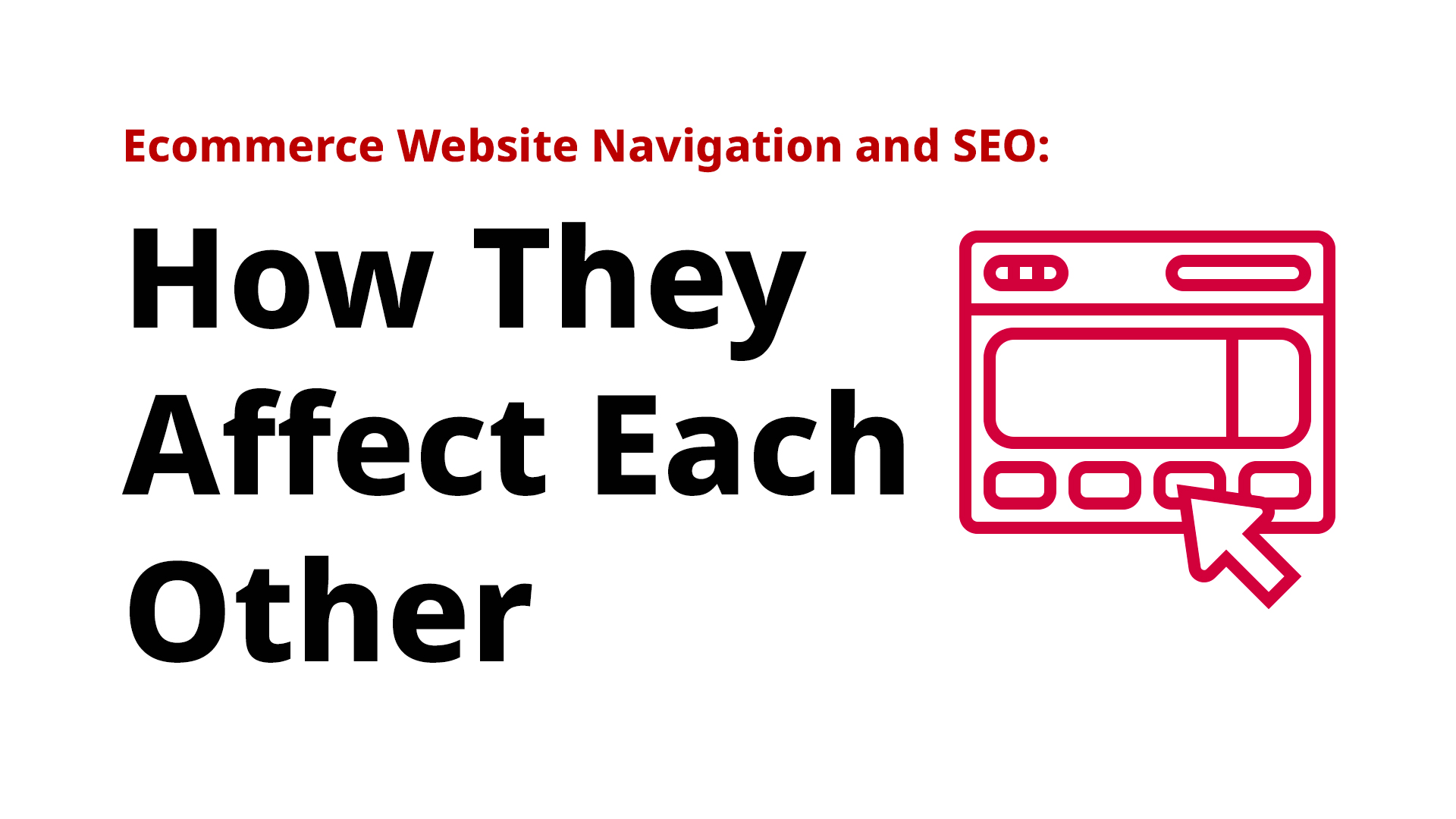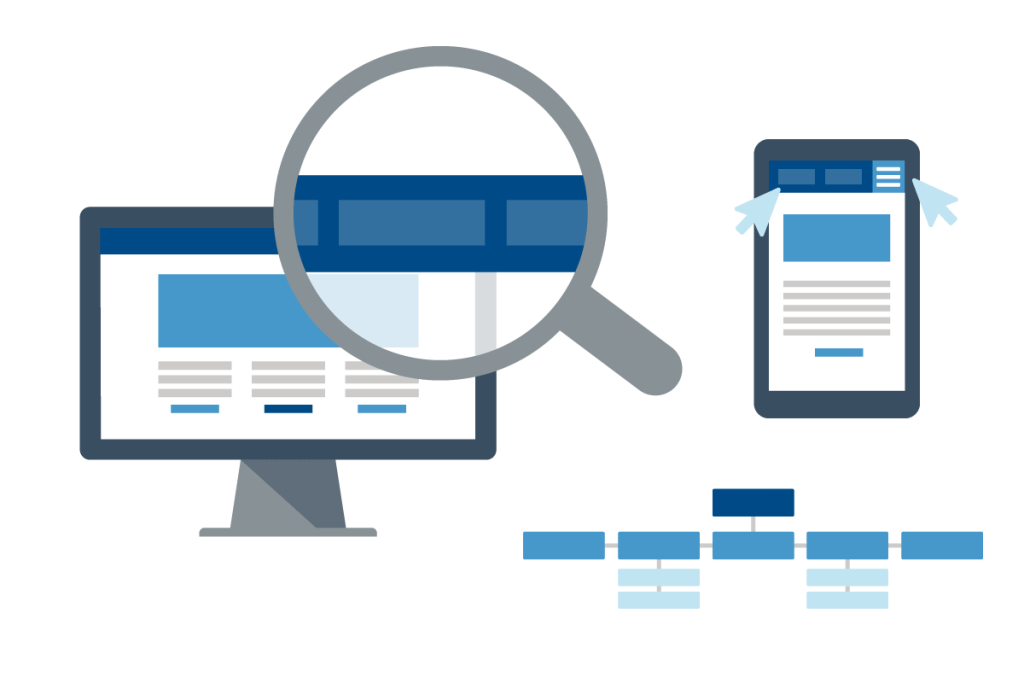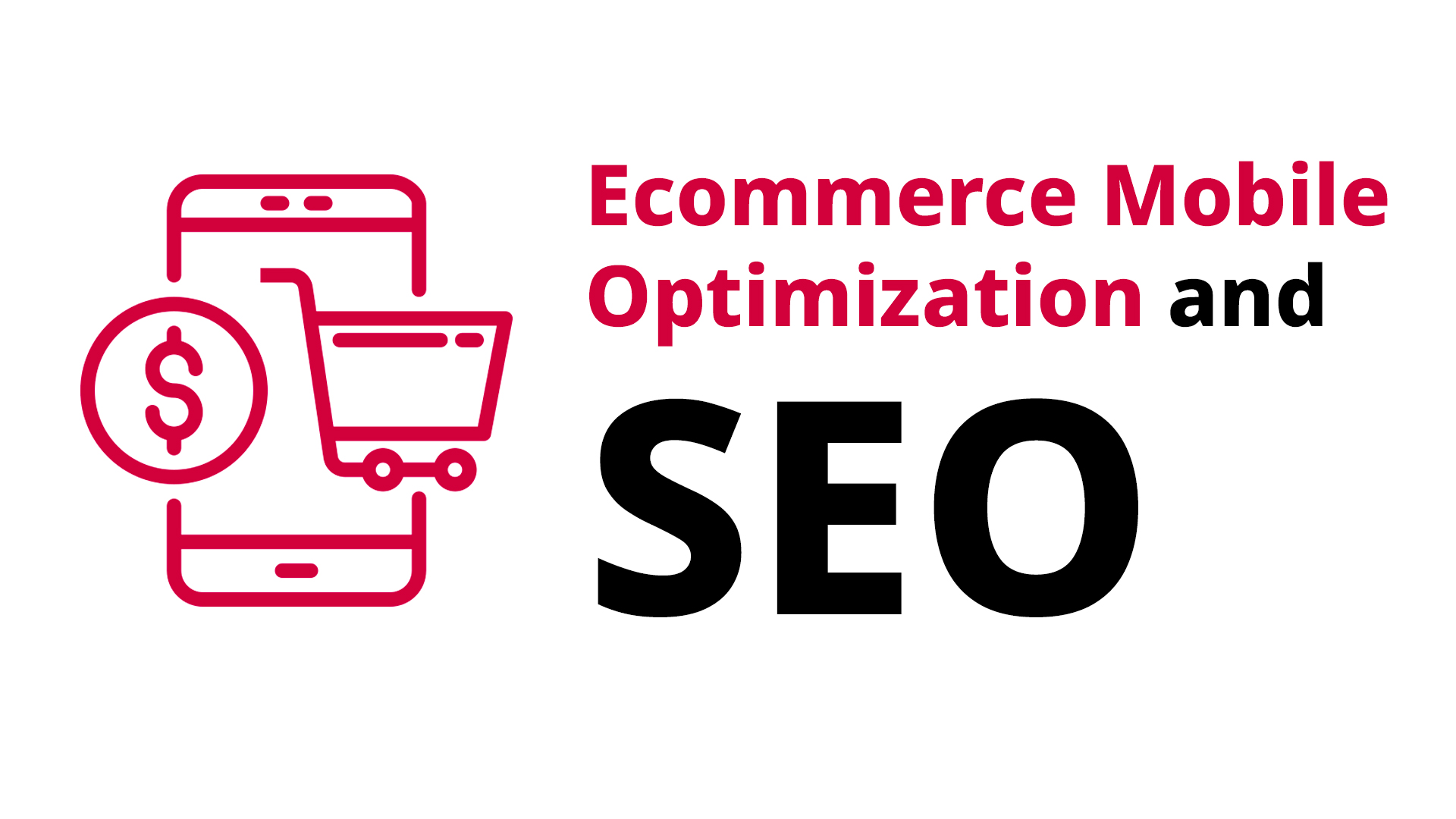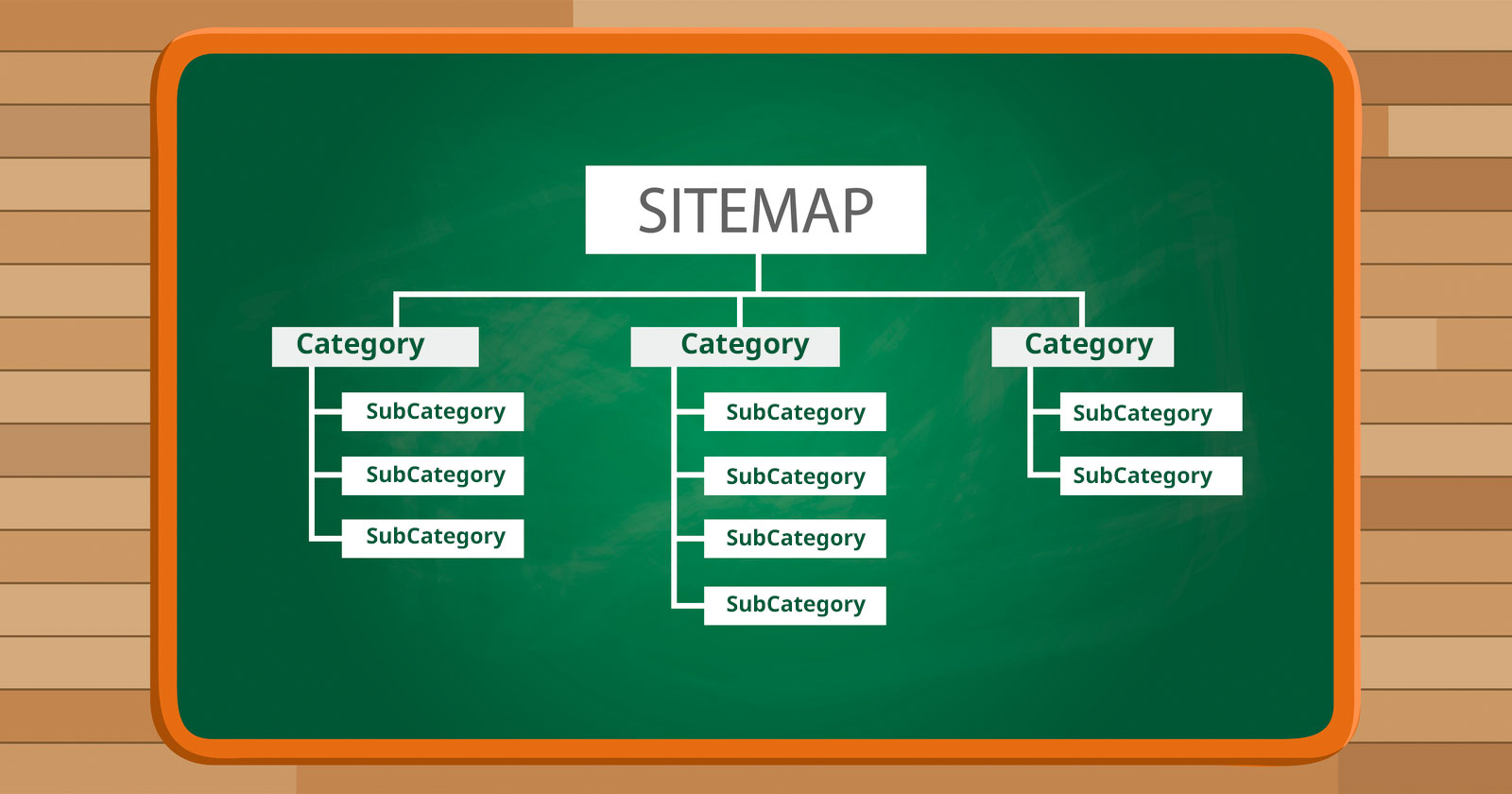As an SEO professional, I am frequently asked about the best SEO tools for higher search results.It can be difficult to keep up with the latest trends and changes to search engine algorithms in the ever-changing world of SEO. There are, however, a number of tools available to help optimize websites and improve search engine rankings.
In this article, I will discuss the best SEO tool for higher search results and explain why AYSA.AI is the best choice for ecommerce businesses.
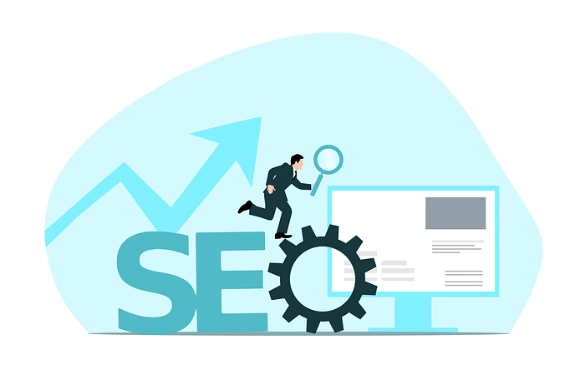
Understanding the Importance of SEO Tools
Search engine optimization (SEO) is an important part of online marketing. Businesses can improve their search engine rankings and drive more traffic to their websites by optimizing their website content, structure, and design.
However, SEO is a continuous process that necessitates constant monitoring and optimization. Businesses must use SEO tools to analyze their website’s performance and identify areas for improvement in order to achieve the best results.
Keyword research tools, content optimization tools, link building tools, and website auditing tools are examples of SEO tools. These tools assist businesses in understanding the strengths and weaknesses of their website and provide actionable insights to improve search engine rankings.
Why AYSA.AI is the Best SEO Tool for Ecommerce Businesses
Among the many SEO tools available in the market, AYSA.AI stands out as the best choice for ecommerce businesses.AYSA.AI is an SEO automation software that leverages artificial intelligence (AI) and machine learning (ML) to provide a comprehensive solution for ecommerce SEO.
Here are some of the reasons why AYSA.AI is the best SEO tool for e-commerce businesses:
- Comprehensive Keyword Research
Keyword research is a crucial aspect of SEO. By identifying the right keywords to target, businesses can optimize their website content and improve search engine rankings.
AYSA.AI provides comprehensive keyword research that includes competitor analysis, search volume, and keyword difficulty. This data helps businesses identify the keywords with the highest potential for driving traffic and sales.
- Automated On-Page Optimization
On-page optimization involves optimizing website content, structure, and design for search engines. AYSA.AI automates many of the on-page optimization tasks, such as meta tags, image optimization, and internal linking.
This saves ecommerce businesses time and resources while improving their search engine rankings.
- Intelligent Content Optimization
Content is king when it comes to SEO. AYSA.AI uses AI and ML to analyze website content and identify areas for optimization. This includes identifying the most relevant keywords, optimizing content length, and improving readability.
AYSA.AI also provides recommendations for content structure and formatting to improve search engine rankings.
- Backlink Monitoring and Analysis
Backlinks are essential for SEO as they signal to search engines that a website is authoritative and relevant. AYSA.AI provides backlink monitoring and analysis, helping ecommerce businesses identify opportunities for building high-quality backlinks.
This helps businesses improve their search engine rankings and drive more traffic to their websites.
- User-Friendly Interface
AYSA.AI has a user-friendly interface that is easy to navigate and understand. This makes it accessible to ecommerce businesses of all sizes, from startups to enterprise-level companies.
The interface provides actionable insights and recommendations, making it easy for businesses to optimize their website for search engines.
Conclusion
In conclusion, AYSA.AI is the best SEO tool for ecommerce businesses looking to achieve higher search engine rankings. The tool’s comprehensive keyword research, automated on-page optimization, intelligent content optimization, backlink monitoring and analysis, and user-friendly interface make it the ideal choice for businesses of all sizes.
With AYSA.AI, ecommerce businesses can save time and resources while improving their search engine rankings, driving more traffic to their websites, and ultimately increasing their revenue.
So, if you’re an ecommerce business looking for the best SEO tools for higher search results, look no further than AYSA.AI.
For additional information on a similar subject:



